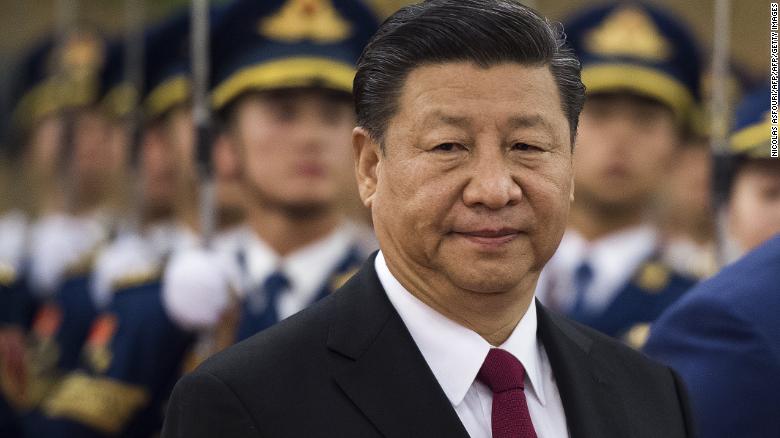
I replaced a few planks on my deck today.
I’ve been taking
advantage of the time off work. It’s just a good thing Lowes is still
operational or I’d really get bored. Two years ago I replaced a couple of
planks that started to warp, a year before that two more. I’m still a ways from
having more replacement wood than original wood, but it isn’t far off either.
This got me thinking, at what point does it become a new deck? How many new
pieces of wood, or even screws, constitute a new addition?
This is an old paradox called ‘My Grandfather’s axe’. It’s
the same problem, if I replace the handle and wrap it in tape is it still my grandfather’s
axe? What if I replace the head and paint it? That’s what Coronavirus thinking
gets you, new framework for old questions. There isn’t a good answer. It’s a
thought experiment to show you how a thing, or idea, can retain some essential
characteristic through time. At what point does America change enough to become a different country altogether?
A lot of what comes from the quarantines and isolation is
positive. I grilled some chicken and pork chops the other day and shared them
with my neighbors who were both outside enjoying the weather. We chatted about the news, housing prices, good restaurants. I’d never met
them before.
The lack of a place to go first thing in the morning allows
me to read the Bible and write some commentary, just reflections mostly. I’m
pulling more meaning out of it than ever before and it’s wonderful, necessary,
about time. Also I’m eating more and not getting any gym time in so you
know…it’s not all good. What the world looks like when we all get back to life
will depend on how long we all holed up and waited for the all clear.
We’re kids sitting around the pool desperate for the lifeguard to blow the whistle and end 'adult swim'.
The longer it goes the more the country looks different. That
time looks like at least 2 more weeks. I suspect state officials will push it
back even further though. No one wants to be an outlier. Governors taking the
‘abundance of caution’ route look responsible with every new limit they impose.
It never works the other way. That posture makes me think we’ll be at home
longer than April. At least the governors’ call the shots. New York has
different problems than Oklahoma so it doesn’t make sense to do this from
Washington DC.
At what point does the country look significantly different?
Are we just replacing a few planks or is this a bigger job?
The same way the 911 created a sense of dread about Islamic
terrorism, we also came together like never before. We started taking national
security seriously. Whatever the mistakes and excesses that followed, defense
of the homeland was a primary concern.
Change is coming to a few big areas. First, a decoupling
from ‘China Inc’ and commitments to build, design and assemble elsewhere. This
move away from the PRC is already in the works and has since at least Trump
starting banging trade war drums after his election. Some companies (Google,
Facebook) never got off the ground because of government restrictions and
intellectual property theft. China still manufactures a lot that makes it way
to our shores on a cargo ship, so decoupling will be gradual. It’s not a surprise
that their paranoid, shut-down-all-dissent model of fixing problems is why we
got Covid19 anyway.
Second, the US passed a 2 trillion dollar pork barrel
recovery bill. Remember when Obama passed the TARP bill for $700 billion and
everyone was like “That’s outrageous!!” Well they just tippled the offering and we all shrug like "Ahh, what can you do?". I get that TARP was for Wall Street and this bill is for
everyone, but it’s ridiculous to spend that much. It’s more accurate to say
borrow, we didn’t spend as much as borrow on the future. Somewhere in the $500
billion range would have covered payroll for a month (I think). Payroll is at
least the stated goal. Figures like that suggest a raid on the treasury, Hans
Gruber at Nakatomi Plaza style.
The worst part of big spending bills is the more we use them
the more we get them.
Third, how many people will find opportunity not available
before Corona? I’m hoping to add my name to that list as well. Maybe a side
business or a chance that wasn’t there before. We need more small businesses
owners in this country and most people have some skill or service to offer.
It’s not possible for everyone to switch to working from home full time, but
many will start. Routine drug refills and doctor visits have already shifted to
an online customer portal (tele-medicine) for quicker access. I had to use it a
couple of weeks ago since going to the hospital was out of the question.
Most of these changes are easy to spot because in some way,
they’re already going that way. I’m curious about the essential character of
American life though. The Coronavirus shutdown suggests at least, a benchmark
for shifting priorities.
Will it look basically the same in 50 years or have
the fundamentals been stripped away like the old slabs of wood on my deck?





